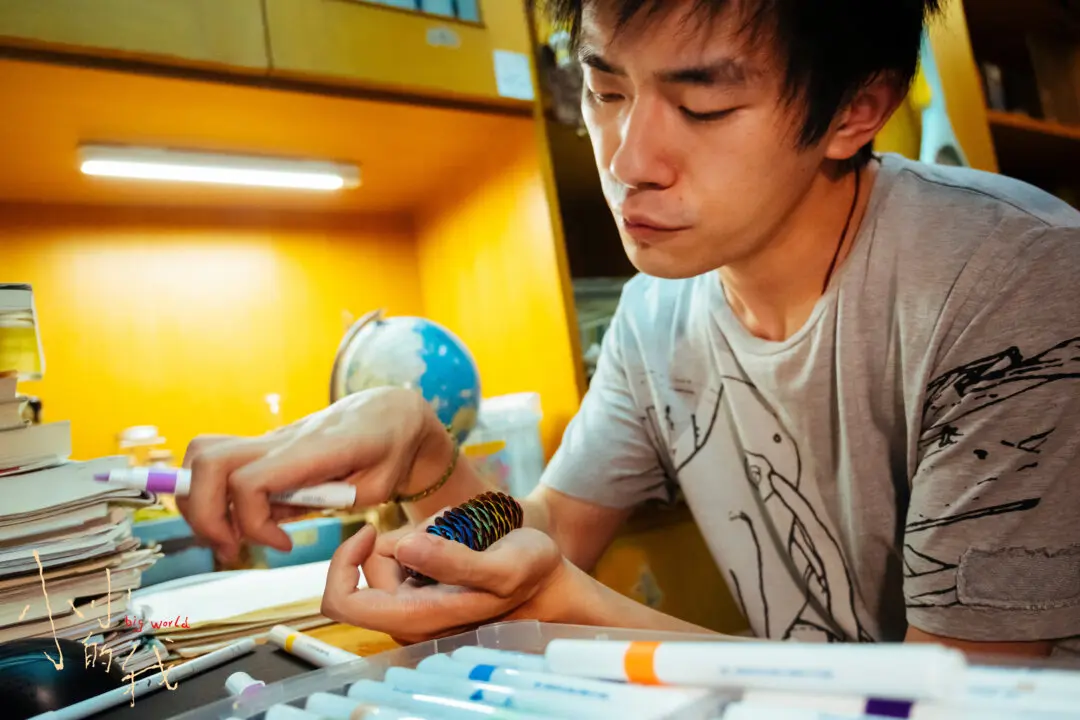NR | 1h 26m | Drama, Biopic | 1936
What does the 19th-century researcher of the immune system have in common with some 21st-century vaccine skeptics? A thirst for the truth. French scientist Louis Pasteur pioneered vaccinology; but unlike some scientists of his era, he was driven as much by humility over what he didn’t know as by confidence in what he did know.





